Academy celebrates 20th anniversary of Research Fellowships scheme with 16 new appointments

- Prosthetic hands that restore a human-like sense of touch to amputees among the latest projects to be supported by the Academy’s flagship scheme for early-career researchers
Sixteen promising global research talents have been selected from a competitive application process to be the 20th cohort awarded Royal Academy of Engineering Research Fellowships.
The research supported by the latest fellowships is as diverse as ever and encompasses new medical imaging technologies, super-smart textiles for remote health monitoring, improved wastewater treatments, miniaturisation of quantum technologies for atomic-based sensors, and next-generation permeable infrastructure to increase airport resilience to increasing rainfall. Prosthetic hands that restore a human-like sense of touch to amputees and novel materials capable of withstanding the demands of nuclear fusion applications are also among the research projects that promise enormous societal and economic benefit.

Top row L to R: Dr Alexander Darlington; Dr Alalea Kia; Dr Ajit Pillai; Dr Lewis Owen
Bottom row L to R: Dr Ciaran McCreesh; Dr Benjamin Ward-Cherrier; Dr Beatriz Mingo; Dr Adam Berrington
Research Fellowships are the Academy’s flagship scheme that support outstanding early-career researchers to become future research leaders in engineering. The fellowships are designed to advance excellence in engineering by providing funding for five years to allow awardees the freedom to concentrate on basic research in any field of engineering.
Over the past 20 years, over £106 million in funding has been provided to over 217 researchers and the scheme is currently supporting 87 Research Fellowships in 31 universities across the UK, over 30 per cent of which are held by women.
In addition to funding, awardees have also received mentoring from more than 180 Academy Fellows, who provide valuable advice and industry links.
Professor Philip Nelson CBE FREng, Chair of the Royal Academy of Engineering Research Fellowships Steering Group, says: “The Academy owes a huge debt of gratitude to the many Fellows who provide a considerable amount of time and in-kind help with the selection, mentoring and networking of awardees. By providing long-term support in this way, they are helping the next generation of leaders establish their independence and global reputation and contribute towards building a sustainable society and inclusive economy that works for everyone.”

Top row L to R: Dr Ishara Dharmasena; Dr Abby Wilson; Dr Robert House; Dr Euan Allen
Bottom row L to R: Dr James McGilligan, Dr Federico Belli, Dr Rachael Tobin; Dr Mathew Brown
The full list of Research Fellows and their projects is as follows:
- Dr Euan Allen, University of Bath
Quantum light sources for sensing
- Dr Federico Belli, Heriot-Watt University
Hollow-fibre optical parametric light sources (HOPS): a new generation of lasers
- Dr Adam Berrington, University of Nottingham
Accelerated imaging of metabolism in brain tumours
- Dr Mathew Brown, Newcastle University
Exploiting viral ecology to engineer better biological wastewater treatment
- Dr Alexander Darlington, University of Warwick
Overcoming cellular constraints for real-world engineering of biological systems
- Dr Ishara Dharmasena, Loughborough University
Triboelectrically powered super-smart textiles for remote health monitoring
- Dr Robert House, University of Oxford
Disordered cathode materials for sustainable batteries beyond Li-ion
- Dr Alalea Kia, Imperial College London
Cleared for landing: next-generation permeable infrastructure for resilient airports
- Dr Ciaran McCreesh, University of Glasgow
Trustworthy constraint programming and optimisation
- Dr James McGilligan, University of Strathclyde
Micro-fabricating chip-scale atomic platforms for quantum navigators
- Dr Beatriz Mingo, University of Manchester
Next generation of ceramic coatings for active protection of light alloys
- Dr Lewis Owen, University of Sheffield
Probing local atomic structure in novel chemically complex materials
- Dr Ajit Pillai, University of Exeter
A new spatial data paradigm integrating autonomous vessels and models
- Dr Rachael Tobin, Heriot-Watt University
Quantum optical detection techniques for high-resolution depth imaging through obscurants
- Dr Benjamin Ward-Cherrier, University of Bristol
Tactile neuroprosthetics: bridging the gap between artificial and biological touch
- Dr Abby Wilson, University College London
Clinically translatable analysis of corneal biomechanics: towards optimal, patient-customised therapies
To celebrate the 20th anniversary of the Research Fellowships, the Academy has produced a short film (three and a half minutes), featuring awardees, past and present.
Notes for editors
- The Royal Academy of Engineering Research Fellowships support early-career researchers to establish successful research careers and become future research leaders in their fields. The scheme provides funding for five years to allow awardees the freedom to concentrate on basic research in any field of engineering and establish a track record in the field. Funding for the Royal Academy of Engineering Research Fellowships is provided by the Department of Business, Energy and Industrial Strategy (BEIS).
The scheme is currently open for applications until Tuesday 21 September 2021. The current round accepts applications for the following research fellowship schemes:
- Research Fellowship
- Engineering for Development Research Fellowship
For more information, please visit: RAEng Research Fellowships
- The Royal Academy of Engineering is harnessing the power of engineering to build a sustainable society and an inclusive economy that works for everyone. In collaboration with our Fellows and partners, we’re growing talent and developing skills for the future, driving innovation and building global partnerships, and influencing policy and engaging the public. Together we’re working to tackle the greatest challenges of our age.
For more information please contact: Pippa Cox at the Royal Academy of Engineering
T: 020 7766 0745
E: [email protected]


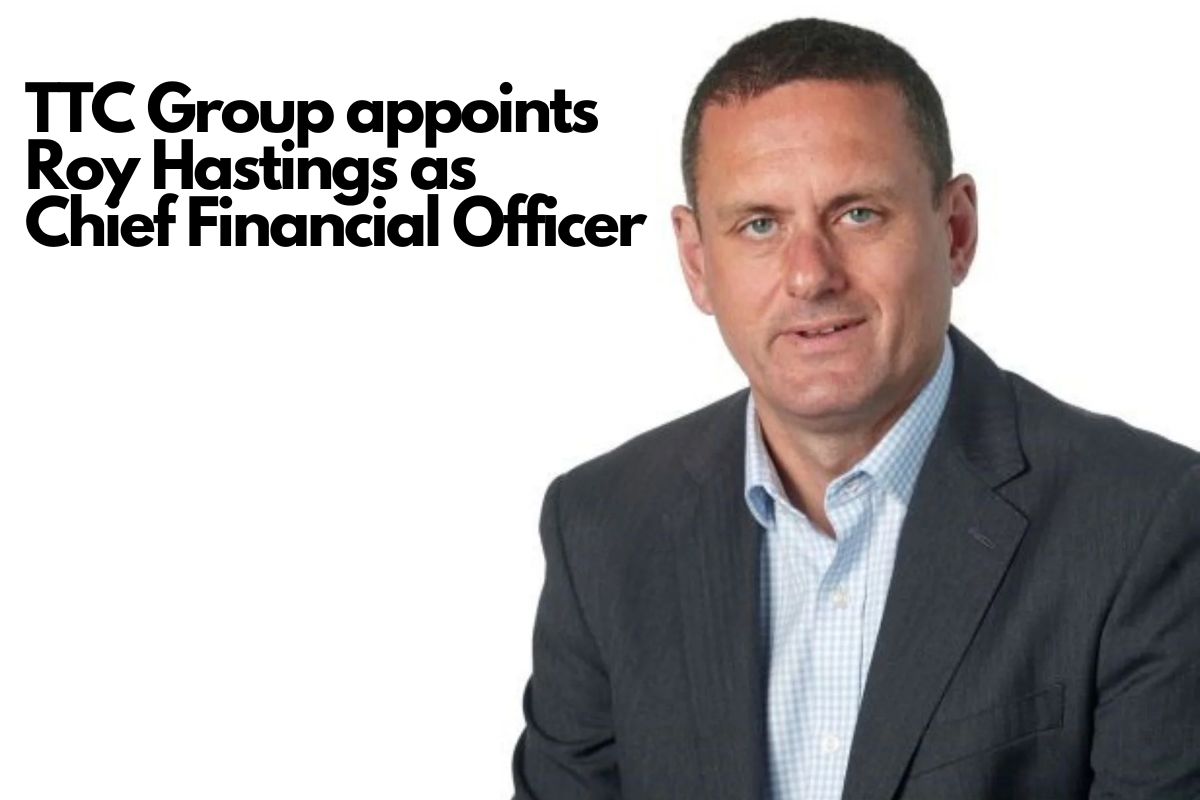

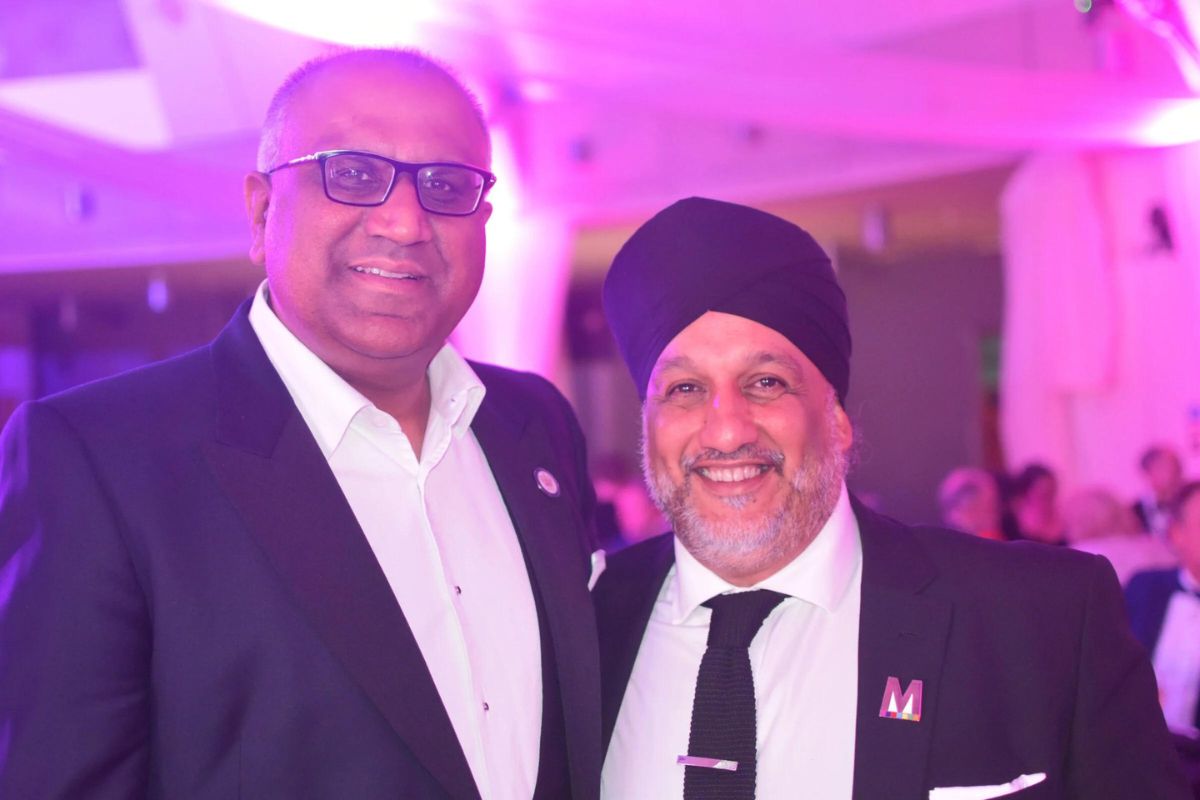
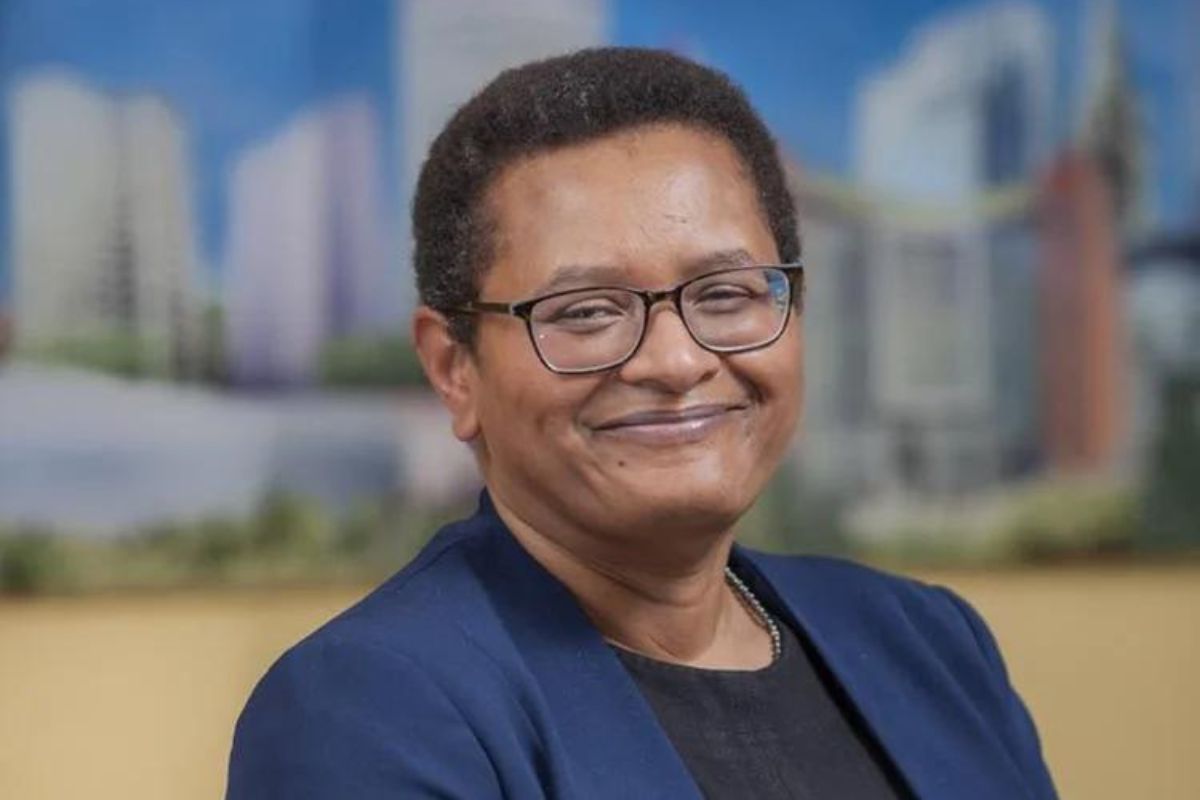
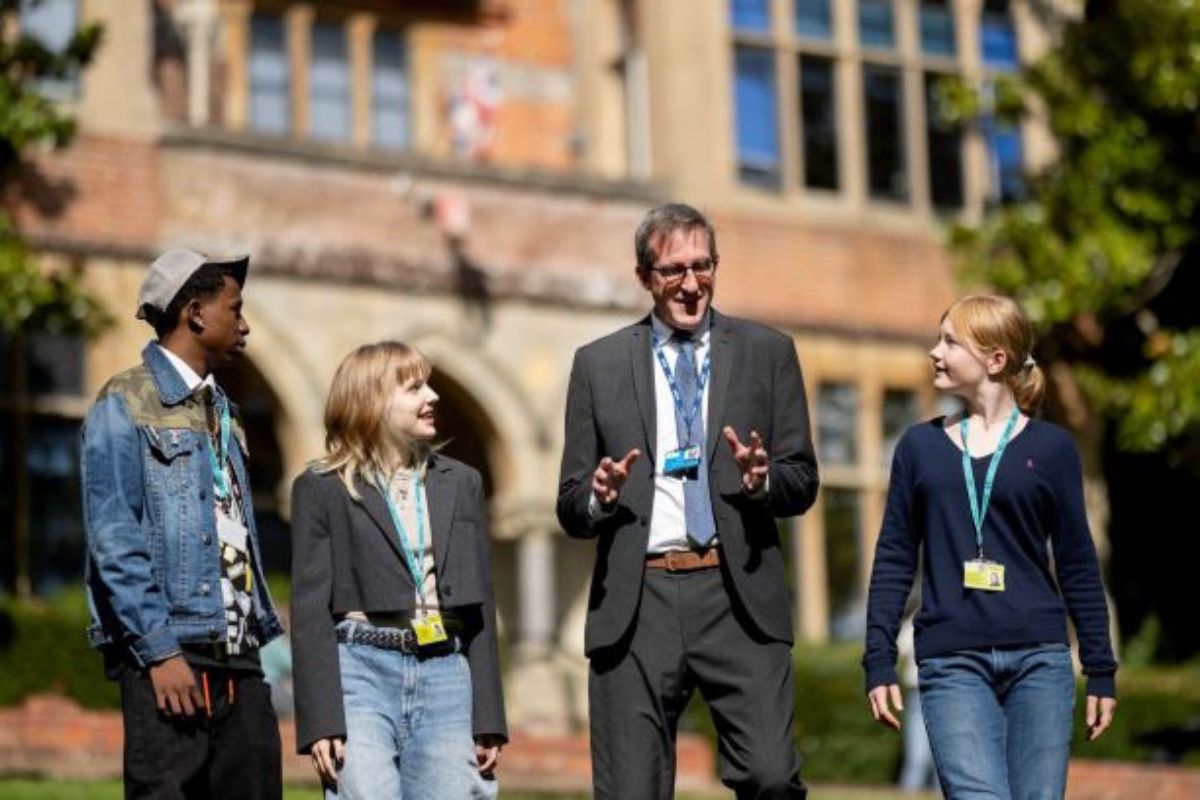
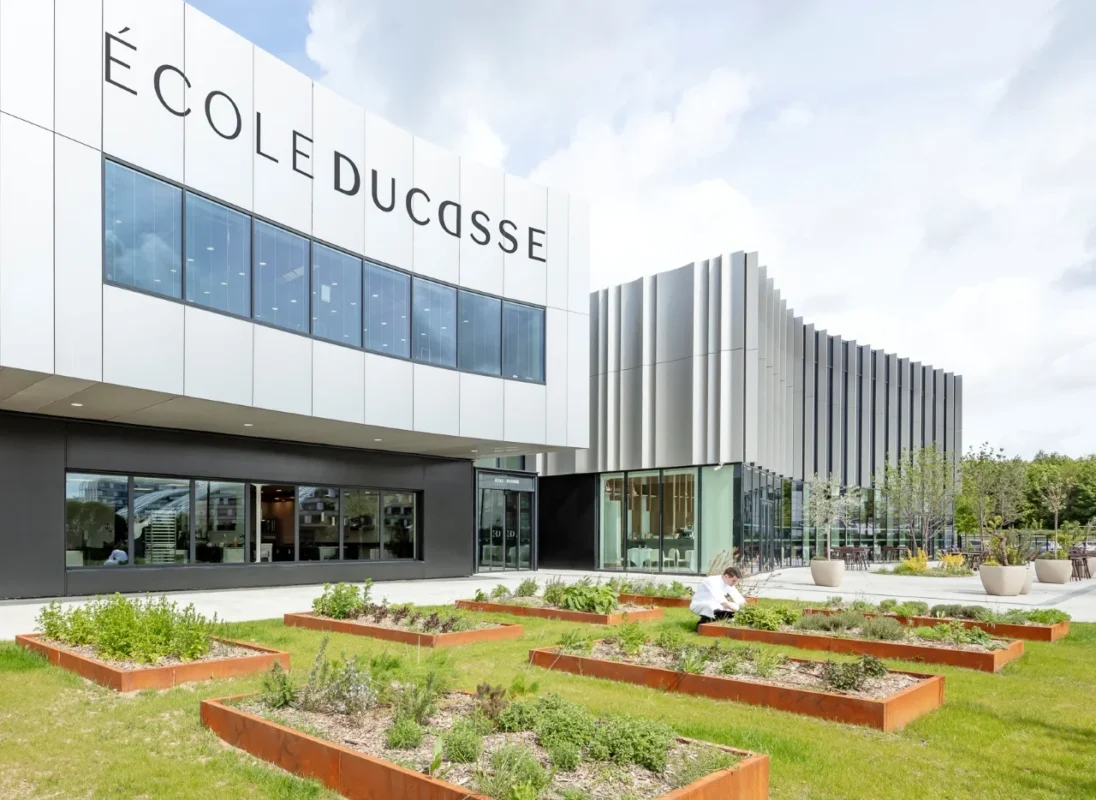

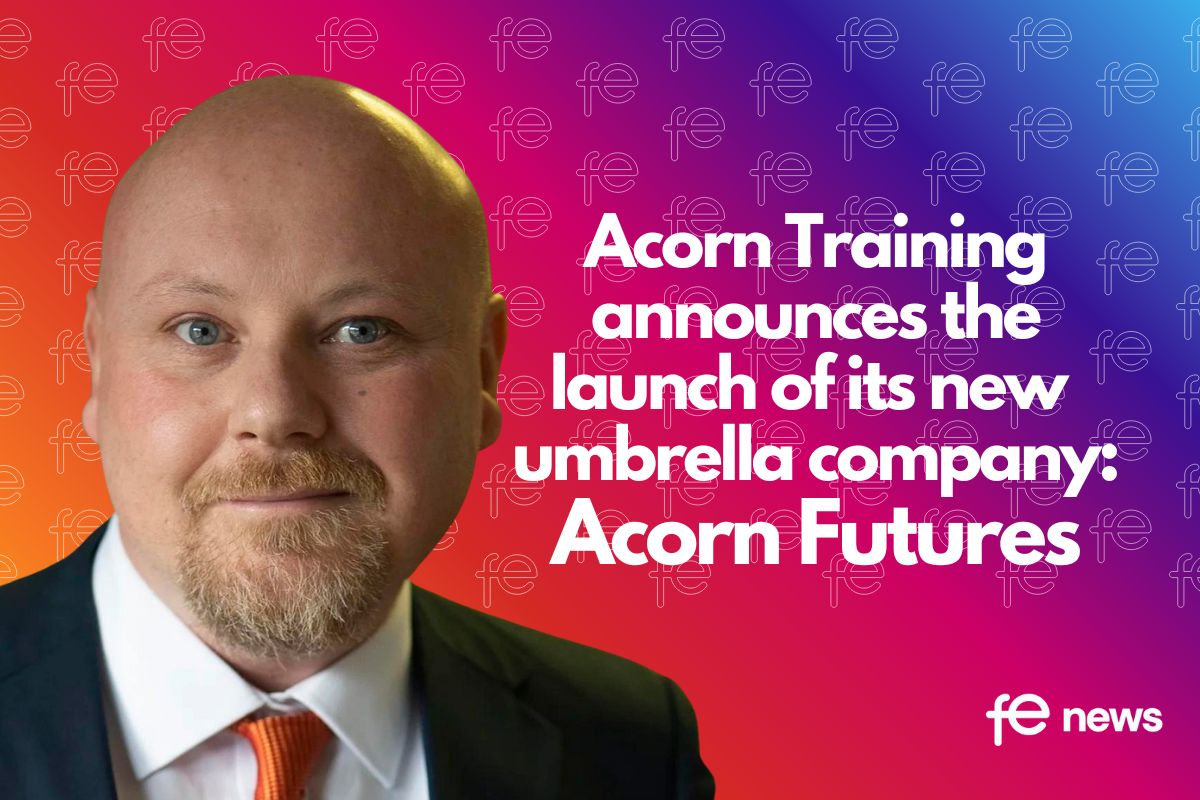

Responses